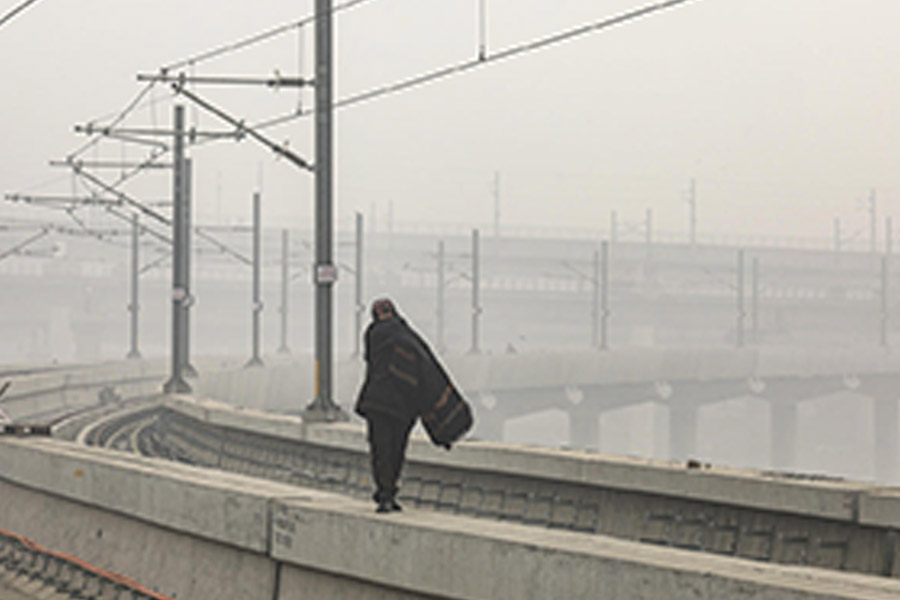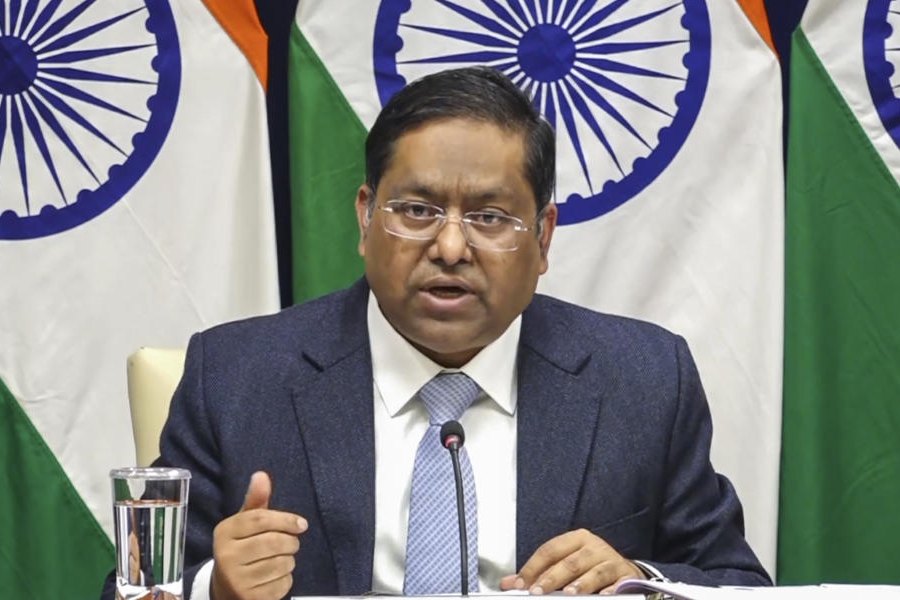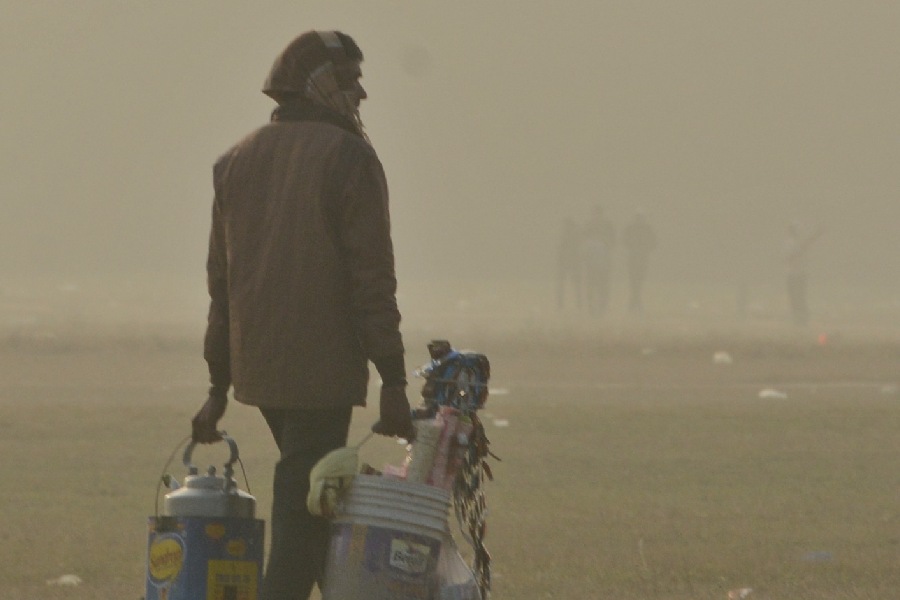 Saturday, 04 January 2025
Saturday, 04 January 2025
 Saturday, 04 January 2025
Saturday, 04 January 2025
The 2024 winter session of the Parliament ended on Friday and has become the third least productive session after Prime Minister Narendra Modi came to power. Plagued by controversies, protests, and adjournments, this session saw productivity of 57.8 per cent, according to the Press Trust of India.
This session of the Lok Sabha, which saw a series of disruptions over Adani to billionaire George Soros’ alleged links with the BJP and the Congress, home minister Amit Shah’s remarks about BR Ambedkar that lead to serious altercations, had met on November 25 and was adjourned sine die (indefinitely) on Friday amid protests by opposition and treasury benches over the alleged insult to B R Ambedkar.
Only two winter sessions, 2016 and 2018, had lower productivity than this session. Post 2014, a winter session’s average productivity has been 60 to 70 per cent.
2016: The demonetisation debacle
The 2016 winter session remains the most unproductive in recent history. According to the PRS legislative research, it clocked 15 per cent productivity.
Opposition protests dominated the session, which started on November 16, against the sudden demonetisation of Rs 500 and Rs 1,000 notes, which Prime Minister Modi had announced eight days earlier, on November 8.
Disruptions resulted in a staggering 107 hours of lost time in the Lok Sabha and 101 hours in the Rajya Sabha.
The government passed just three bills during this session, one of which was the contested Goods and Services Tax (GST) Bill.
2018: A year of controversy and chaos
The 2018 winter session was another low point in the Modi era’s legislative history, with 46 per cent productivity.
The session saw the Lok Sabha lose 127 hours and the Rajya Sabha 121 hours because of disruptions, further diminishing the session’s productivity.
The Opposition protested over the Rafale aircraft deal and demanded an investigation into the defence contract. Other contentious issues, including the triple talaq law, President’s Rule in Jammu and Kashmir and farmer protests across India, added to the confrontation.
Rafale would become one of the most critical election campaign weapons for the Opposition for the Lok Sabha polls in 2019.
2024: A Parliament in disarray
The 2024 winter session was bound to be contentious with an electorally rejuvenated Congress pushed for an early debate on the US indictment of billionaire Gautam Adani controversy in the Parliament. The BJP’s counter was to link billionaire George Soros with Sonia Gandhi and the Congress.
During a discussion on the Constitution, Union home minister Amit Shah’s alleged controversial remarks regarding Dr. BR Ambedkar led to further fireworks. The Congress sought his sacking from the Cabinet. And the BJP raised its charge that it was the Congress who had disrespected Ambedkar’s legacy.
And on Thursday, MPs of the Congress and the BJP jostled against each other, leading to FIRs.
The session also saw a gridlock on the One Nation, One Election bill, a proposal aimed at synchronising national and state elections. The government referred the bill to a Joint Parliamentary Committee for further examination and review.
In this session, the Lok Sabha lost 15 hours and 43 minutes, while the Rajya Sabha lost 17 hours and 41 minutes due to the frequent adjournments caused by protests.
While debates on critical bills like the One Nation, One Election proposal, and Waqf (Amendment) Bill 2024 drew national attention, they were delayed due to the constant uproar and the inability to make progress on these bills due to frequent interruptions.







